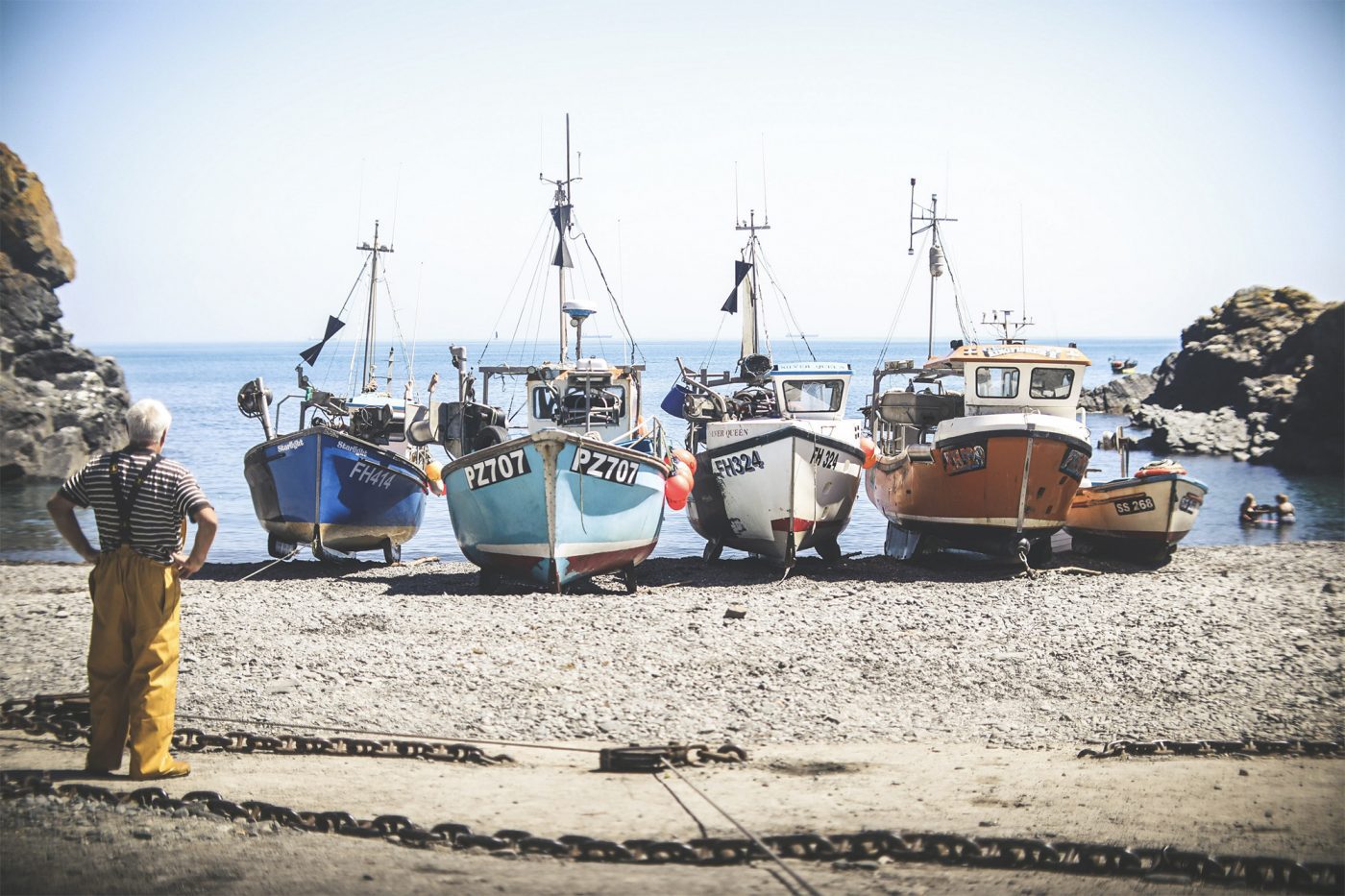1 February 2013
UK Fishing Body Says Inaccurate and Propaganda-based Research Runs Risk of Harming Livelihoods and Wider Economy
The National Federation of Fisherman’s Organisations (NFFO), the body representing fishermen’s groups, individual fishermen and producers organisations in England, Wales and Northern Ireland has overwhelmingly rejected forthcoming claims by Greenpeace, criticising how the industry is represented.
The NFFO has learned the environmental campaigning group is planning to issue what it calls ‘inaccurate and misrepresentative information’, running a real risk of harming an industry that is now sustainably aware and scientifically based, and in a way that would cost jobs, damage the wider economy and threaten future consumer supply.
The claims set to be made by Greenpeace, allege that NFFO membership includes 57 per cent of foreign investment and that in a letter to the EU Commission, the NFFO has urged the body to exclude smaller, in shore fisherman’s groups from Europe’s Regional Advisory Councils (RACs). Both claims have been branded by the UK industry federation as ‘totally inaccurate’, ‘mis-representative’ and ‘propaganda-driven’.
In fact, current membership information for the NFFO shows only 8% of member vessels are owned outside the UK, ensuring strong representation from the home fishing industry, with the organisation having a broad representation of vessel sizes both within the body and on its central lobbying committee. At present, 66% of member fishing vessels are below 15 metres, and 40% are below 10 metres – the standard categorisation for small, local, inshore craft.
NFFO officials acknowledge the difficulty ensuring a strong voice for small scale fishermen. But in its widely circulated letter to the Commission – available to download from its website (www.nffo.org.uk) – it puts forward a range of positive suggestions to remedy the position within a reformed Common Fisheries Policy, including outreach work to areas of the small-scale fleet currently under-represented.
The body does however warn against the dangers of self-appointed, unrepresentative industry groups, which it says run the risk of division and misrepresentation of the sector.
NFFO Chairman, Paul Trebilcock, also Chief Executive of the Cornish Fish Producers’ Organisation, said: “Greenpeace has, in the past, been applauded by the industry for campaigns against illegal fishing and human rights abuse of crew, but this report appears quite desperate in its efforts to create and exploit divisions in our industry. Fortunately there seem to be few fishermen who buy into their propaganda. The truth is that the NFFO and many others in the industry share a goal of sustainability and are working hard to achieve it.
“The Greenpeace findings assume a very naive and simplistic division of the fishing fleet into small artisanal and big industrial vessels, when the reality is a diverse and complex fleet with many shared interests.
“Creating false divisions within the fishing industry at this juncture is the height of irresponsibility and is a move that threatens important partnership work taking place, and which could potentially cost jobs, damage livelihoods and harm supply of what is a healthy and sustainable food source.”
The NFFO’s membership is a reflection of the UK’s diverse fleet, comprised of small, medium and large vessels. This range of vessels is essential to make the best of diverse fisheries and to support shore-side infrastructures. There is a vital interdependence between these fleets, which the body says has been misunderstood or deliberately ignored by Greenpeace.
Small-boat fisherman, Tony Delahunty, who is Chairman of the NFFO’s South East Committee, said: “I know, at first hand, that the NFFO works hard to represent the whole industry including the small-scale fleets. As owner of a small vessel operating off the beach at Selsey, I see the NFFO working for us on a whole range of important issues, including quotas, marine protected areas, wind-farms and fishing vessel safety. It’s given the small scale fisherman a much more influential voice in Brussels and in the increasingly important regional advisory councils than we would have otherwise have had.”

